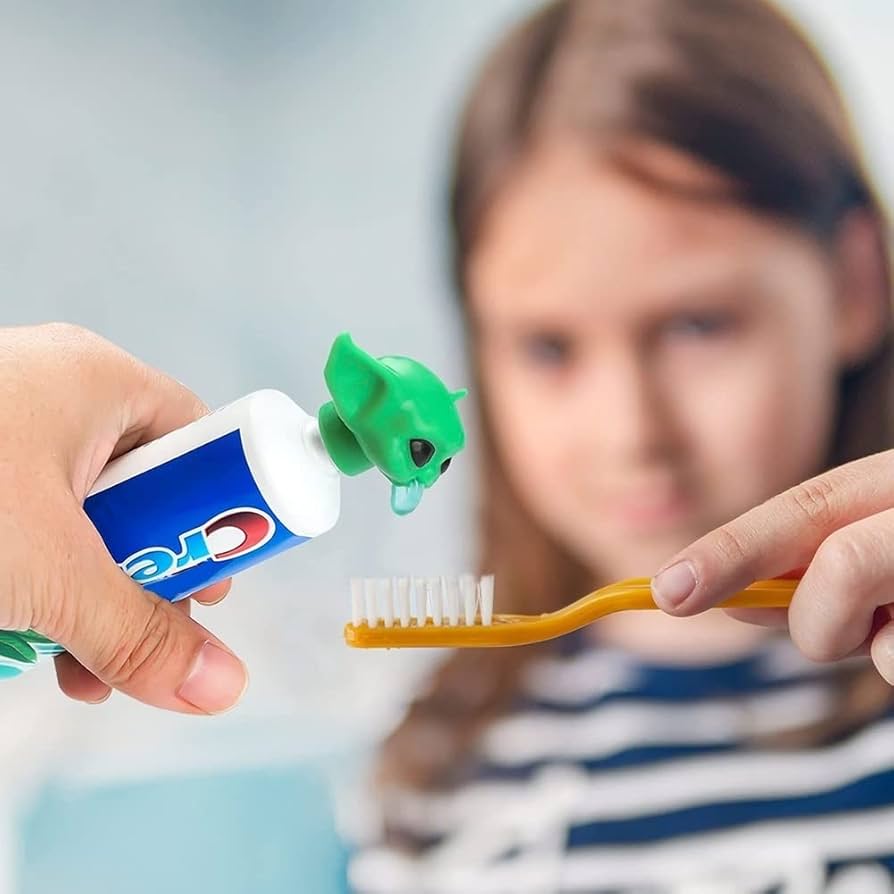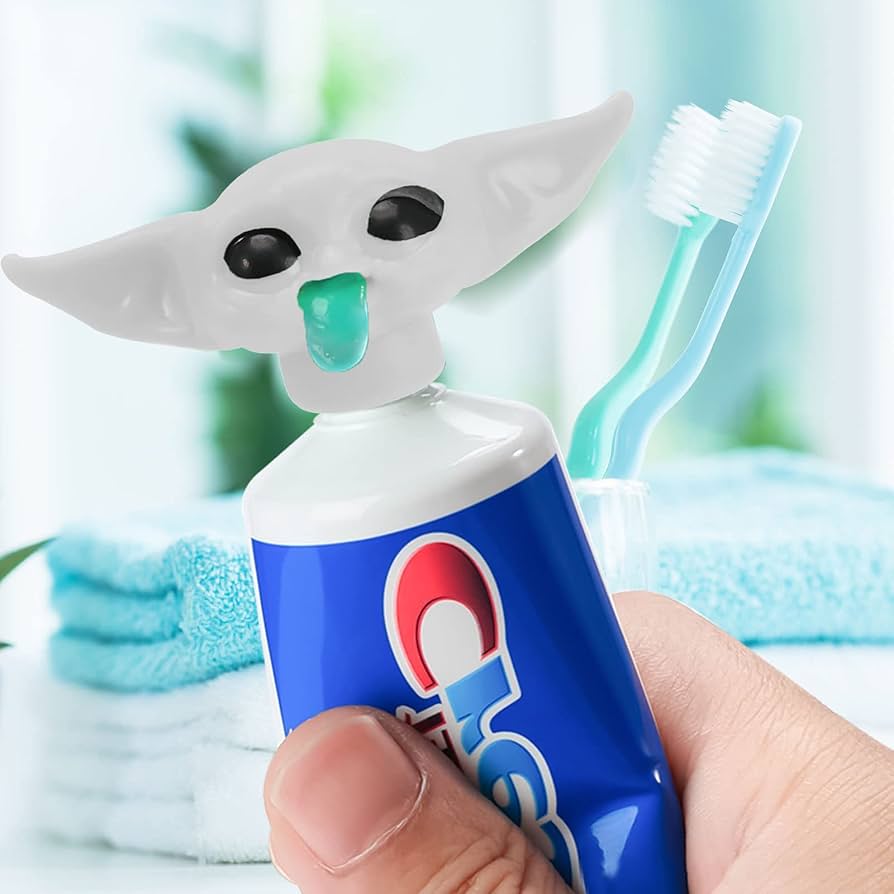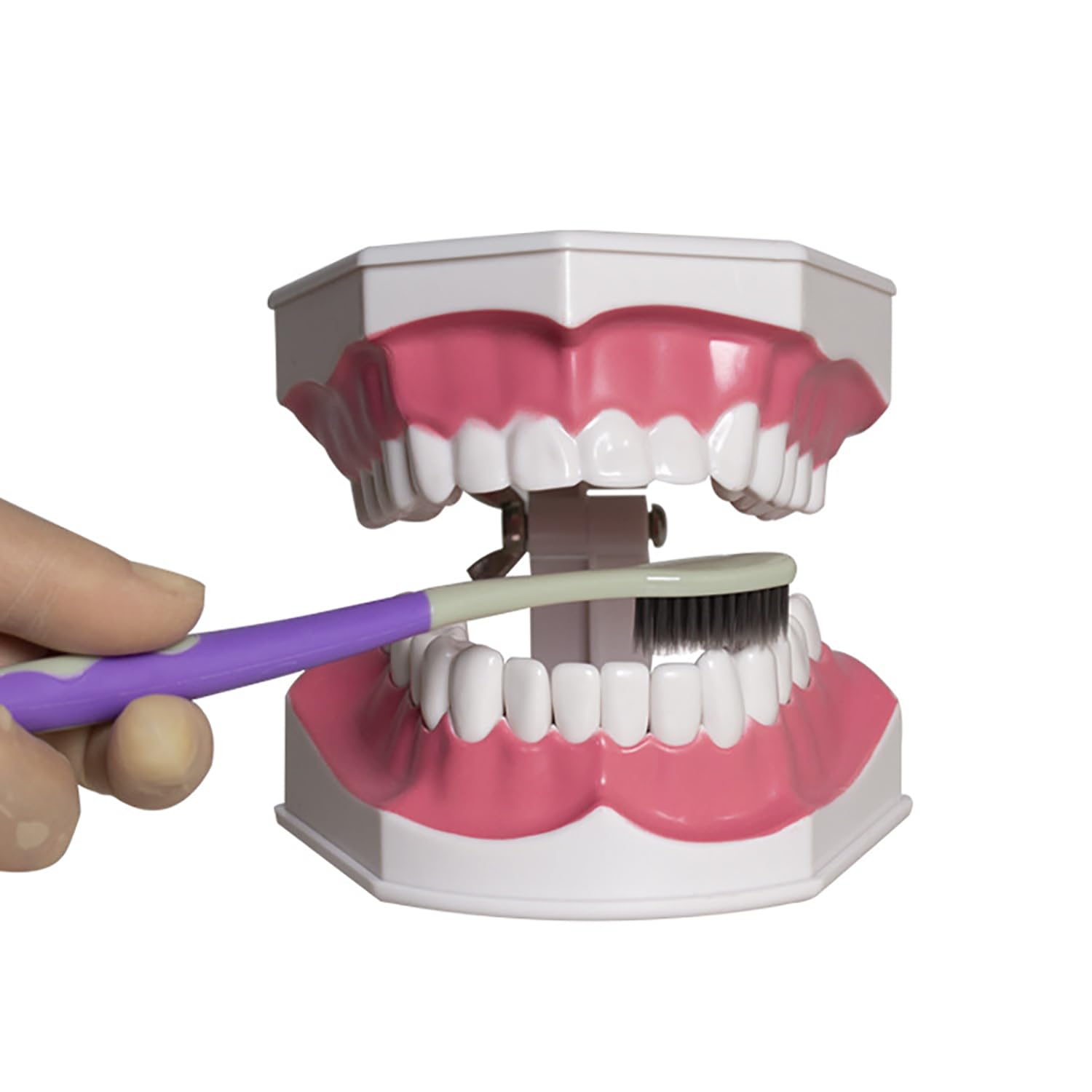
Everyday Science: Minerals That Make Up Toothpaste
Introduction to Mineral Content in Toothpaste
Toothpaste is a core part of our daily hygiene. But have you ever stopped to think about what’s in it? Minerals play a crucial role in toothpaste composition. They improve dental health in many ways. In this section, we’ll explore the key minerals found in toothpaste.
Key Minerals Used and Their Roles
Several minerals are essential for the effectiveness of toothpaste. Here are the key minerals and their primary functions:
- Fluoride: This mineral strengthens tooth enamel and fights decay.
- Calcium Carbonate: As an abrasive, it helps in removing plaque and polishing teeth.
- Sodium Bicarbonate: Known for its cleaning and whitening capabilities.
Each mineral has a specific role. They work together to keep our teeth clean and healthy. In coming sections, we will delve deeper into each mineral’s benefits and uses. Understanding these components can help us make informed choices about our oral health care products.

Fluoride: The Cavity Fighter
Fluoride in toothpaste is a key ingredient in fighting cavities. This mineral makes the teeth’s enamel harder, enhancing its resistance to decay. A small amount of fluoride has a great impact on dental health.
Sources and Benefits of Fluoride in Toothpaste
Fluoride is usually listed in toothpaste ingredients as sodium fluoride, sodium monofluorophosphate, or stannous fluoride. These forms are approved by the FDA to prevent cavities. Just 0.15% fluoride ion in the toothpaste, corresponding to about 1,500 parts per million, can significantly prevent tooth decay. Additionally, fluoride helps rebuild weakened tooth enamel and can reverse early signs of tooth decay.
Calcium Carbonate: The Natural Scrubber
Calcium carbonate stands out in toothpaste for its ability to clean teeth efficiently. This natural mineral is gentle on enamel yet tough on plaque and stains. Let’s dive into its cleaning benefits.
How Calcium Carbonate Enhances Cleaning
Calcium carbonate is a mild abrasive in toothpaste. Its primary job is to scrub away plaque and food debris. These particles can lead to cavities and gum disease if not removed regularly. By including calcium carbonate, toothpaste can provide a clean feeling. It also helps in polishing teeth to a shine, making smiles brighter. Unlike harsher abrasives, calcium carbonate is safe for daily use. It does not wear down tooth enamel over time.
In toothpaste, minerals like calcium carbonate work without causing harm. They combine with other ingredients to maintain a healthy mouth. When choosing toothpaste, look for calcium carbonate. It ensures effective cleaning and whitening of teeth, contributing to overall dental health.
Sodium Bicarbonate: Beyond Baking
Sodium bicarbonate, commonly known as baking soda, plays a versatile role in toothpaste. Not only is it a gentle abrasive, but it also has unique properties that contribute to oral health. Let’s explore its dual functions in toothpaste.
The Dual Role of Sodium Bicarbonate in Oral Care
Sodium bicarbonate serves a double purpose in dental care. It acts as a mild abrasive, helping to scrub away surface stains and plaque without damaging the enamel. This helps maintain your teeth’s health and natural whiteness. Furthermore, sodium bicarbonate is known for neutralizing acids in the mouth, which can help prevent tooth decay and bad breath.
As an alkaline substance, sodium bicarbonate can counteract the acids produced by bacteria in plaque, reducing the risk of cavities and gum disease. Additionally, its ability to neutralize odors makes it effective in freshening breath, ensuring that your mouth feels clean and refreshed after brushing.
When using toothpaste containing sodium bicarbonate, you’re not only benefiting from its cleaning action but also from its protective qualities against acidity. This two-fold benefit highlights why sodium bicarbonate is such a valued ingredient in toothpaste and why it extends beyond its common use in baking.
Moreover, its inclusion in toothpaste formulas aligns with the increasing demand for natural oral care products. As we continue to understand the importance of minerals in toothpaste, remember to check the labels for sodium bicarbonate as a key component in your routine for maintaining oral hygiene.

Abrasives and Their Function
Abrasive materials in toothpaste play a pivotal role. They aid in effectively cleaning our teeth. Abrasives scrub off plaque and food residue that harbor bacteria.
Common Abrasive Materials in Toothpaste
A variety of materials act as abrasives in toothpaste. Common ones include calcium carbonate and hydrated silica. Calcium carbonate is gentle on enamel but tough on plaque. Hydrated silica removes surface stains and polishes teeth. Other abrasives like aluminum oxide are used for their effective cleaning properties. These materials are safe for everyday use and are critical in maintaining dental health.
The Role of Minerals in Toothpaste
Toothpaste plays a pivotal role in dental hygiene. The selection of ingredients greatly impacts oral health. One critical aspect is the minerals included in toothpaste. These minerals contribute to various benefits, enhancing the tooth-brushing experience. Understanding their importance can help consumers make informed choices.
In modern toothpaste formulations, researchers prioritize minerals. These compounds provide a plethora of advantages for both teeth and gums. Key minerals like fluoride, calcium, and phosphate often dominate ingredient lists. Fluoride is well-known for its ability to strengthen enamel. Additionally, fluoride helps prevent cavities, making it a vital mineral in oral care. The mechanism of fluoride involves remineralization, repairing weak spots on teeth.
Calcium is another essential mineral found in many toothpaste varieties. This nutrient is crucial for maintaining healthy teeth and bones. The presence of calcium aids in the remineralization process as well. Furthermore, it assists in neutralizing acids produced by bacteria in the mouth. Consequently, calcium plays an active role in preserving the structural integrity of teeth.
Phosphate, like calcium, serves a significant role in oral health. This mineral supports enamel restoration, combating decay effectively. Phosphate works synergistically with calcium and fluoride. As a result, this trio creates a powerful defense system against dental erosion. Moreover, phosphate aids in maintaining an optimal pH balance in the mouth.
Transitioning to other ingredients, some toothpaste formulations include mineral-based whitening agents. For instance, calcium carbonate acts as a mild abrasive. It helps remove surface stains without causing damage. Aloe vera is another addition that can enhance toothpaste formulas. While not a mineral, it provides soothing properties that contribute to overall oral health.

Natural vs. Synthetic Ingredients in Toothpaste
In toothpaste, both natural and synthetic ingredients play important roles. Understanding these can help us choose better products. Let’s compare the two types.
Pros and Cons of Each Type
Pros of Natural Ingredients:
- Natural ingredients are often gentler on the mouth.
- They can reduce the risk of irritations and allergies.
- They are eco-friendly and sustainable options.
- Natural ingredients are preferred by those seeking organic products.
Cons of Natural Ingredients:
- They may not be as effective against tough stains.
- The texture and taste might differ from what users are used to.
- They can be more expensive than synthetic options.
Pros of Synthetic Ingredients:
- They usually offer powerful cleaning capabilities.
- They provide a consistent product experience.
- Synthetic options may include advanced features like whitening.
- They are often less costly and widely available.
Cons of Synthetic Ingredients:
- Some may cause irritation or allergic reactions.
- They might not be suitable for those with chemical sensitivities.
- There are concerns about the environmental impact of synthetic chemicals.
- They can be too harsh for certain people’s oral health.
When choosing toothpaste, consider the minerals in toothpaste and their source. Balance your personal needs with the pros and cons of each ingredient type. Always aim for products that support overall dental health.

DIY Toothpaste: Incorporating Minerals at Home
Making your own toothpaste at home can be a fun and educational DIY project. It allows you to understand the benefits of minerals in toothpaste directly. Let’s explore how you can make mineral-based toothpaste with simple ingredients.
Simple Recipes for Homemade Mineral Toothpaste
Here are some straightforward recipes to create toothpaste using the minerals discussed previously:
- Basic Mineral Toothpaste:
- Ingredients:
- 2 tablespoons of calcium carbonate
- 1 tablespoon of sodium bicarbonate
- Enough water to make a paste
- A few drops of essential oil (peppermint or spearmint for freshness)
- Directions:
- Mix the calcium carbonate and sodium bicarbonate in a bowl.
- Slowly add water and stir until you achieve a paste consistency.
- Add a few drops of essential oil for flavor and antibacterial properties.
- Store in a small jar and use as needed.
- Ingredients:
- Flavored Mineral Toothpaste for Kids:
- Ingredients:
- 1 tablespoon of calcium carbonate
- 1/2 tablespoon of sodium bicarbonate
- 2 teaspoons of vegetable glycerin (to sweeten)
- 2 teaspoons of natural flavoring (like strawberry or cinnamon)
- Directions:
- Mix the calcium carbonate, sodium bicarbonate, and vegetable glycerin in a bowl.
- Add the natural flavoring and mix well.
- Add just enough water to form a smooth paste.
- Put the paste in squeezable tubes for easy use by kids.
- Ingredients:
Using these simple recipes, you can create toothpaste that not only cleans but also respects your preference for natural and mineral-based elements. Enjoy brushing with your own homemade toothpaste, and appreciate the role of minerals in dental health even more.

